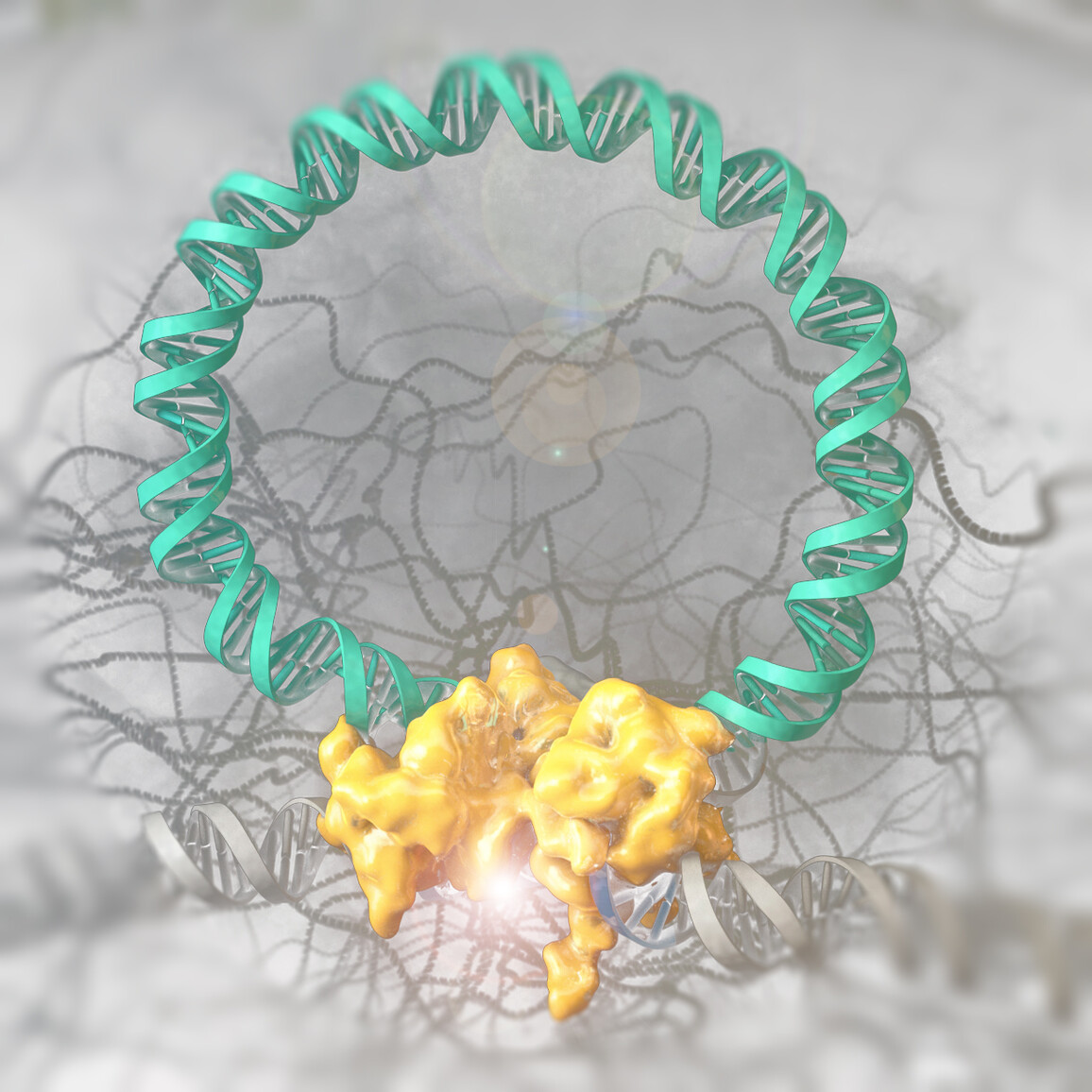Precise genome editing with the help of designer recombinases : Date: , Theme: GO-BIO
GO-Bio round 8 – Dr. Anne-Kristin Heninger – TU Dresden / Seamless Therapeutics GmbH
Beneficiary: Technical University of Dresden
Funding: GO-Bio Phase I (01.03.2019 bis 31.12.2022, 3.393.025 Euro)
Beneficiary: Seamless Therapeutics GmbH
Funding: GO-Bio Phase II (01.01.2023 bis 31.12.2025, 3.867.542 Euro)
Summary
Genome editing has revolutionised the life sciences more than any other technology in recent years. The term refers to different methods that enable an organism's genetic code to be altered in a targeted manner. Genome editing not only paves the way for research, but also holds great promise for medicine, as genome-editing tools can also contribute to cure genetic diseases by repairing defective parts of the genome.
The CRISPR/Cas system is widely recognized as one of the most prominent genome editing tools, often referred to as "gene scissors". It is efficient and easy to use, but it does have a significant drawback. The gene scissors cut the genetic material and leave the cell responsible for repairing the damage, and there is limited control over this process. This can lead to unwanted changes in the genome. Additionally, disputes over patents have made it challenging to bring this technology into practical applications.
The research team of the "RecTech" project has developed a new and innovative genome-editing technology that is superior to the current approaches in many ways. The team has achieved the reprogramming of site-specific recombinases (SSR). These are special enzymes that can edit the genome very precisely and independently, making it a safe and reliable option. With the help of specially developed software in combination with molecular evolution, the recombinase enzymes can be tailored to a specific target region in the genome. This means that the technology can be adapted to address nearly all genetic diseases, making it a promising new avenue for treatment.
During the first GO-Bio phase, a genome editing platform was established, with the help of which it will be possible to treat diseases triggered by a defect in a single gene in the future. RecTech GmbH (now Seamless Therapeutics GmbH) was founded at the beginning of 2022 and is headed by Dr. Anne-Kristin Heninger and Dr. Felix Lansing. In the second GO-Bio phase the company’s proprietary platform will be further developed and optimized. In addition, processes are to be automated so that the time in which the specific recombinases are developed is significantly reduced, in order to simplify their use in therapeutic development. In addition, a recombinase that has already been developed is to be taken through first-in-human readiness. The goal is to establish the Seamless Therapeutics GmbH as the leading company to develop reprogrammed recombinases for therapeutic applications.
